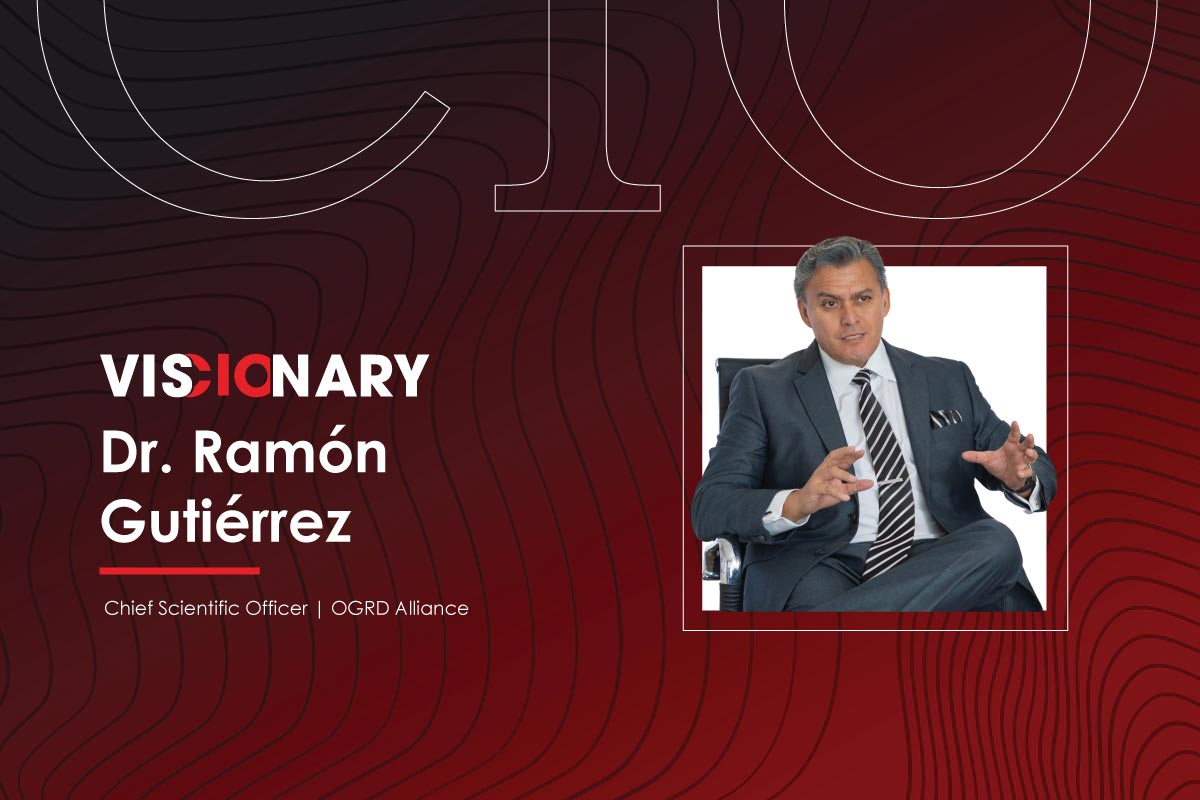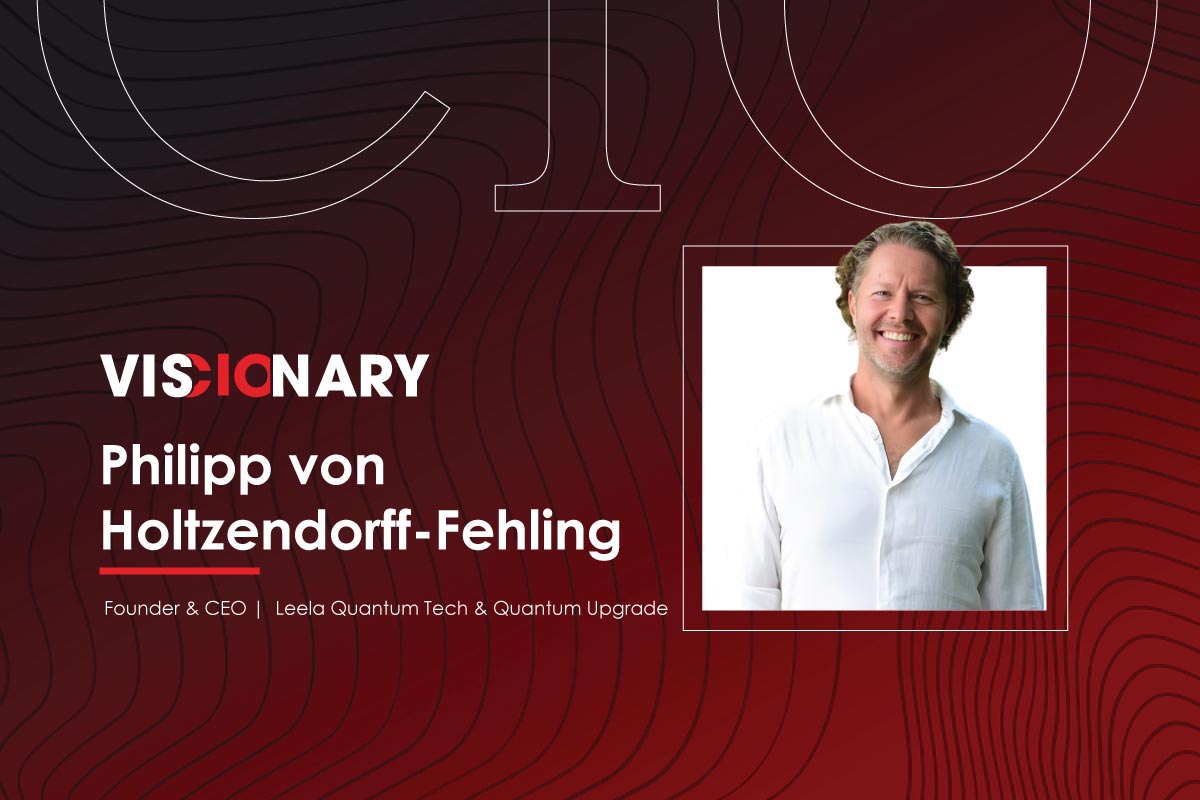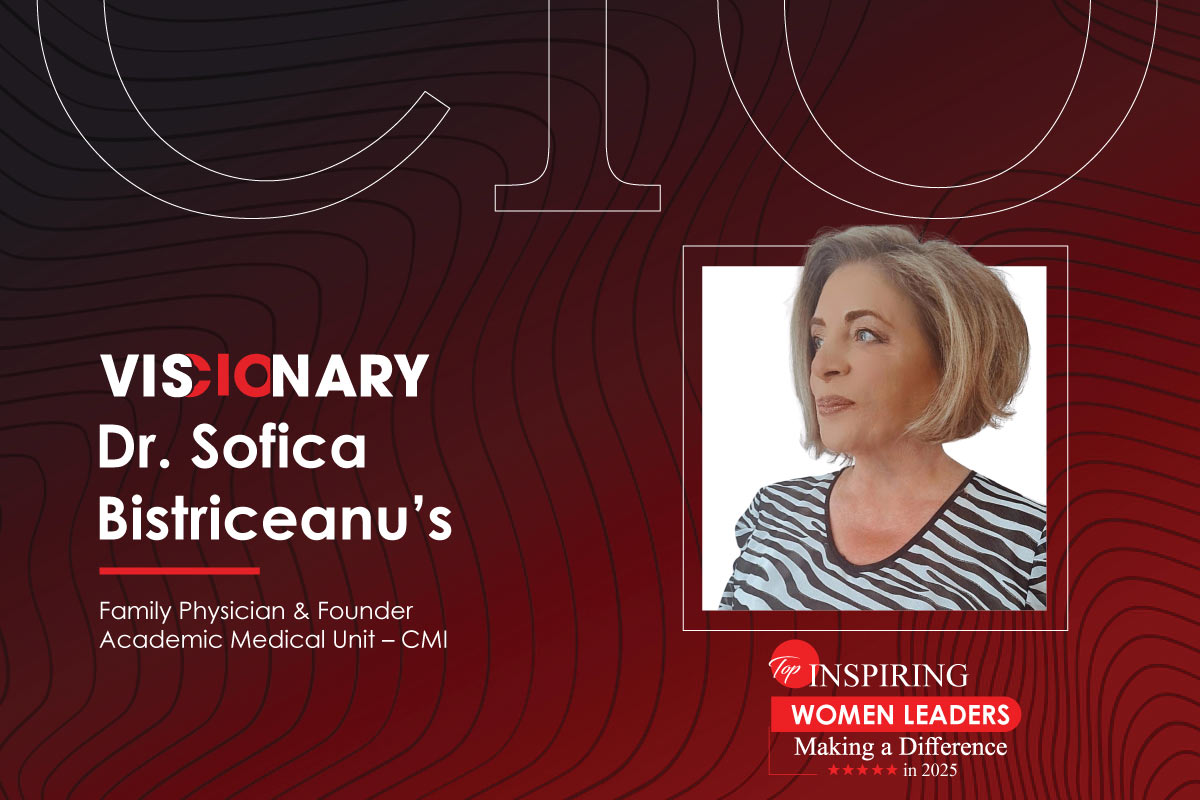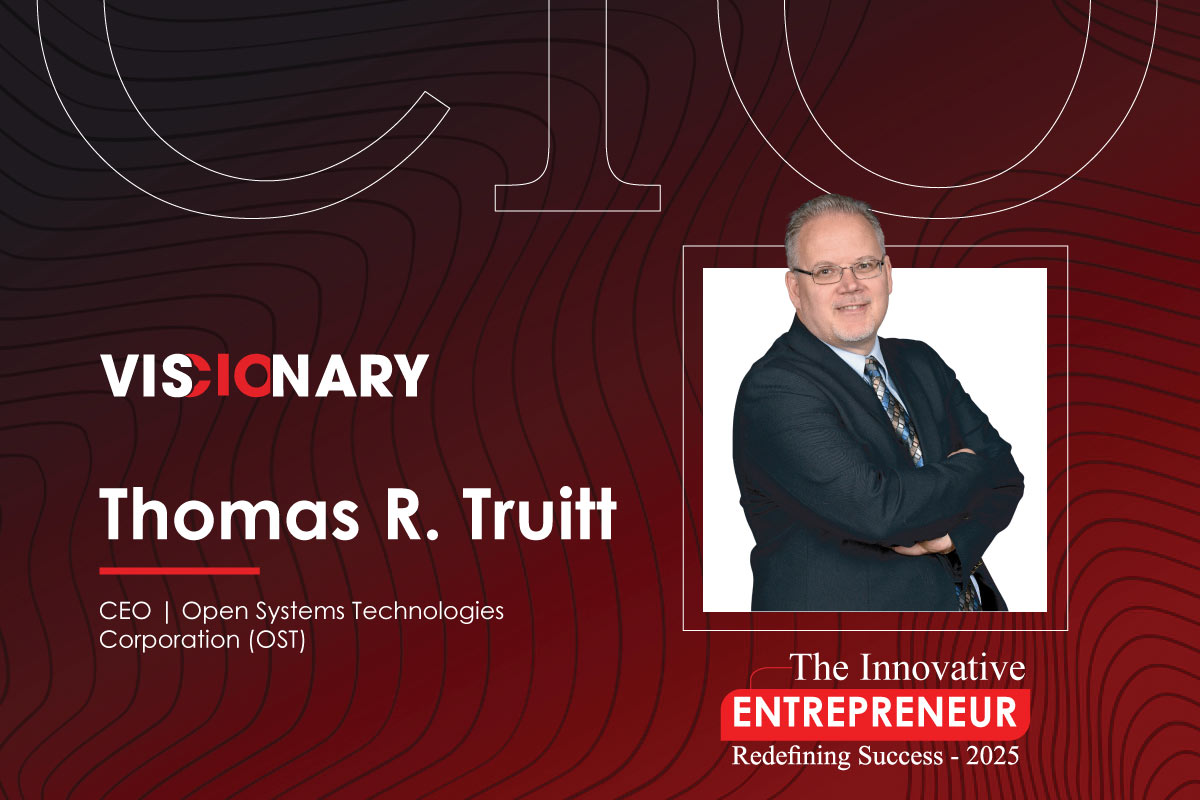What if your body stopped responding to your mind—your thoughts clear, but your ability to speak, move, or connect with others completely gone? For countless individuals suffering from strokes, multiple sclerosis, Parkinson’s, or severe brain injuries, this is not just a fear—it’s a lived experience. Without access to advanced neurotechnology, recovery can be painfully slow, severely limited, or altogether impossible, often leading to isolation, frustration, and a diminished quality of life.
This is where the urgent need for brain-computer interface (BCI) technology becomes apparent. And stepping up to meet this need are today’s trailblazing neurotech leaders, who are pushing the boundaries of science and changing lives in the process. By transforming brain signals into real-time actions, enabling recovery even years after diagnosis, and opening new possibilities in healthcare, education, and communication, these innovators are redefining the future. Their work is more than technological advancement—it’s a lifeline for those who need it most, bringing hope, empowerment, and connection back into the lives of thousands across the globe.
One such visionary leading this transformation is Christoph Guger, Founder & CEO of g.tec medical engineering GmbH. With a passion for unlocking the brain’s potential, Christoph Guger founded g.tec in 1999. He developed its first BCI system, setting a strong foundation for a company built on innovation, precision, and purpose. Today, he oversees every aspect of the business—from research and product development to global expansion and ethical standards—ensuring that each solution is designed to meet real-world needs. Under his leadership, g.tec has introduced cutting-edge systems like the 1024-channel g. Pangolin EEG and the portable Unicorn BCI Core-8, and launched recoveriX, the world’s first medically approved BCI-based neurorehabilitation system.
This groundbreaking solution has helped thousands of stroke, MS, and Parkinson’s patients regain movement, even decades after diagnosis, with over 40,000 therapy sessions delivered across 30+ countries. Christoph Guger has also integrated AI and machine learning into g.tec’s platforms, enhancing real-time brain signal decoding and therapy outcomes. With a presence in 140+ countries with 3,000+ citations, g.tec partners globally to turn brain signals into tools for recovery, communication, and hope.
A Passion Ignited
Christoph Guger discovered his passion for building something impactful early in life, influenced by his entrepreneurial upbringing. When it came time to choose his path, he weighed two options—developing wind power plants or diving into the world of BCIs. He chose BCIs, captivated by the complexity and mystery of the human brain. The idea of unlocking its potential was technically fascinating and held deep ethical value. In 1999, this vision led him to found g.tec with a mission to extract meaningful information from the brain and use it to improve lives.
Trusted by Experts Across 140+ Countries
With the growing need for advanced neurotechnology, g.tec has emerged as one of the most trailblazing companies in the BCI space by delivering impactful, certified solutions used worldwide:
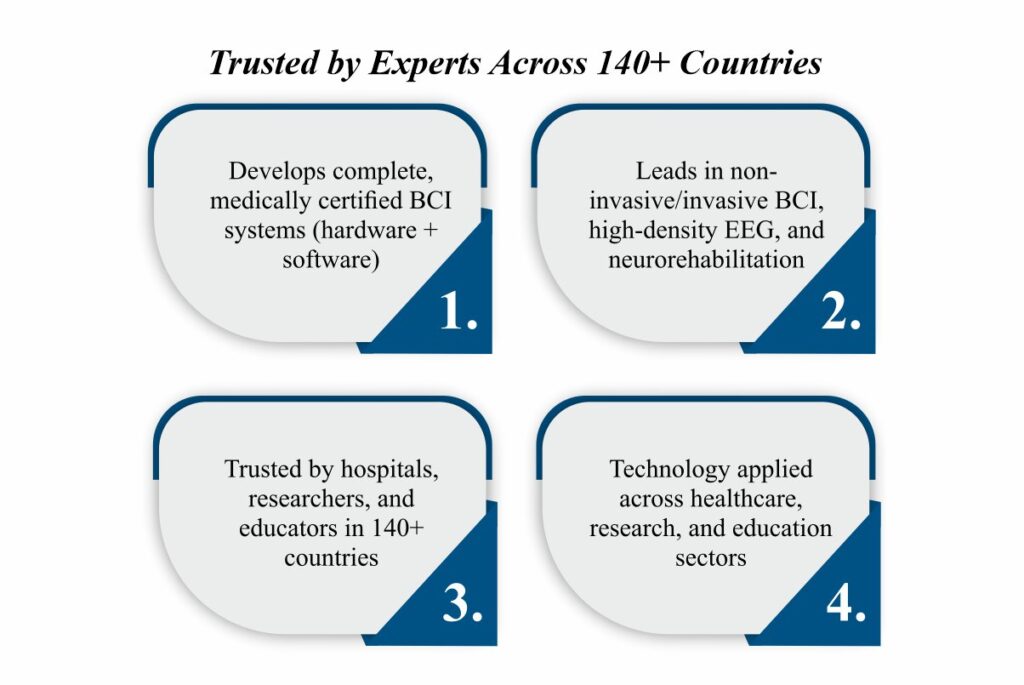
- Develops complete, medically certified BCI systems (hardware + software)
- Leads in non-invasive/invasive BCI, high-density EEG, and neurorehabilitation
- Trusted by hospitals, researchers, and educators in 140+ countries
- Technology applied across healthcare, research, and education sectors
As part of this innovation, g.tec introduced the 1024-channel g. Pangolin EEG system, which significantly improves the spatial resolution of non-invasive EEG. They also developed the Unicorn BCI Core-8, an ultra-lightweight and mobile 8-channel system designed for real-time use with either dry or gel electrodes.
40,000 Treatments Delivered
Healthcare continues to be the main area of g.tec’s focus, particularly in neurorehabilitation, neurosurgery, and assessing levels of consciousness. A standout example is the recoveriX system, which is now used in more than 30 countries and has supported over 40,000 treatments at the company’s center. In addition to healthcare, the company is also making an impact in education, art, gaming, and neuromarketing. Recently, their BCI technology was even used to collect brain data from animals like dogs and horses, paving the way for new opportunities in cross-species research.
User-Centric Approach to Neurotech Development
g.tec’s team stays ahead of the curve by remaining agile, curious, and closely connected to the needs of its users. This user-focused approach drives the constant exploration of new ideas, the development of fresh applications, and the rigorous testing of each innovation to meet scientific and practical standards. Machine learning plays a vital role in decoding brain signals in real time, enabling smooth and responsive BCI interactions. At the same time, artificial intelligence helps analyze large volumes of clinical and neuroscience data, particularly in optimizing recoveriX therapy. This combination of AI and BCI improves the precision and effectiveness of treatments and makes them more personalized and adaptive—bringing smarter, data-driven solutions to patients worldwide.
Committed to International Health Standards
g.tec is deeply committed to safety, ethics, and global accessibility in all aspects of its neurotechnology.
This commitment is reflected in the following key practices:
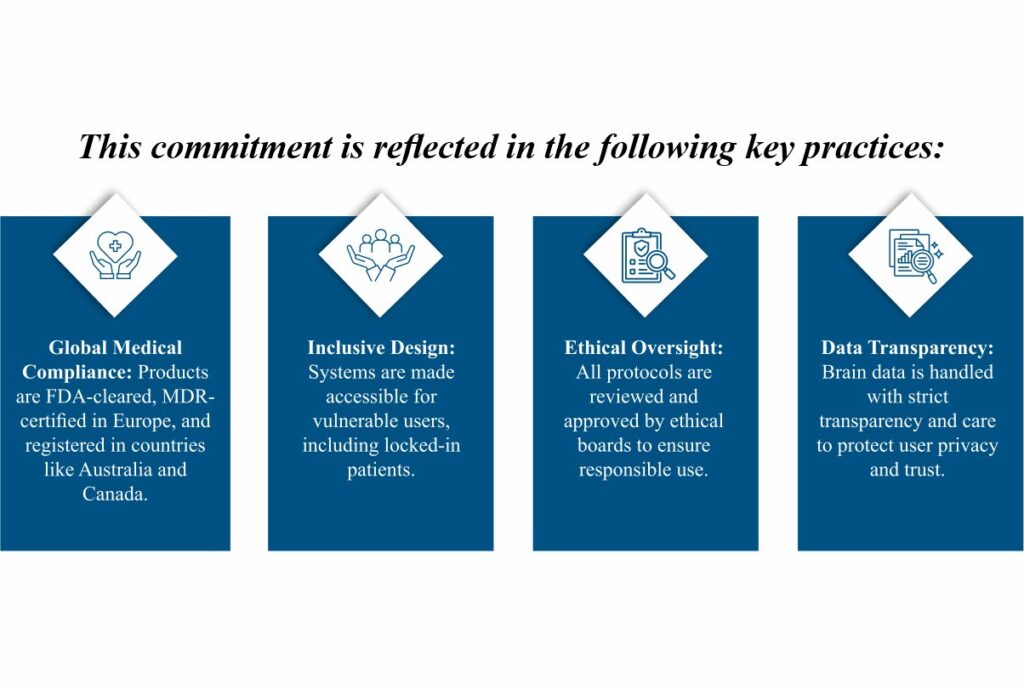
- Global Medical Compliance: Products are FDA-cleared, MDR-certified in Europe, and registered in countries like Australia and Canada.
- Inclusive Design: Systems are made accessible for vulnerable users, including locked-in patients.
- Ethical Oversight: All protocols are reviewed and approved by ethical boards to ensure responsible use.
- Data Transparency: Brain data is handled with strict transparency and care to protect user privacy and trust.
3,000+ Peer-Reviewed Papers
Over the years, g.tec has achieved remarkable growth—not just in terms of technological innovation, but also in its global reach, scientific impact, and community engagement. Its steady expansion reflects a clear commitment to advancing neurotechnology while connecting with researchers, clinicians, and innovators worldwide.
Some key highlights include:
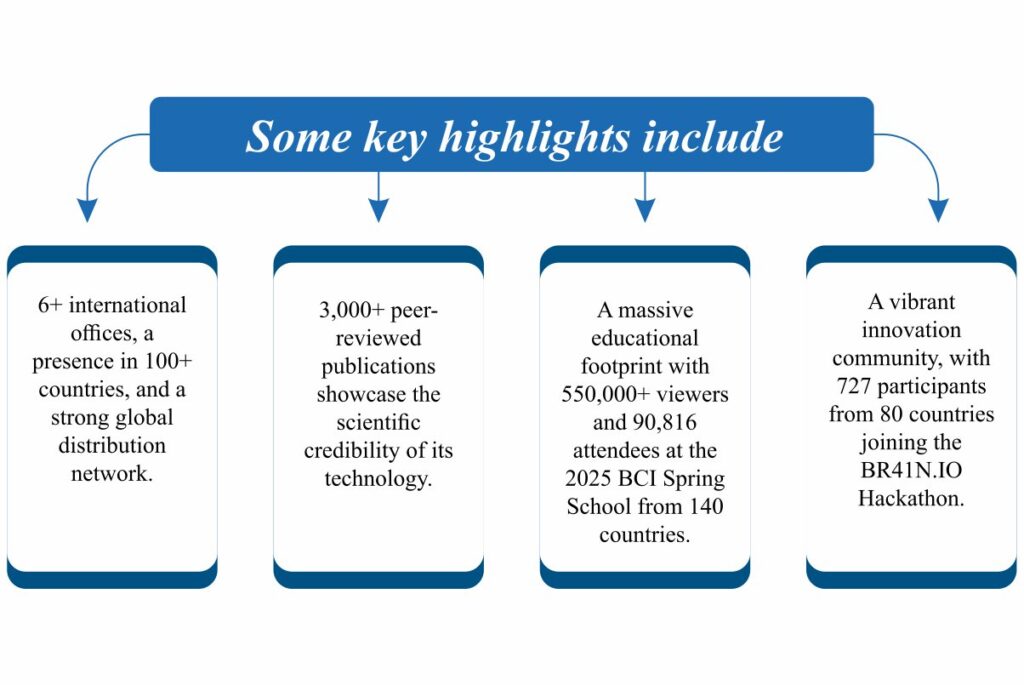
- 6+ international offices, a presence in 100+ countries, and a strong global distribution network.
- 3,000+ peer-reviewed publications showcase the scientific credibility of its technology.
- A massive educational footprint with 550,000+ viewers and 90,816 attendees at the 2025 BCI Spring School from 140 countries.
- A vibrant innovation community, with 727 participants from 80 countries joining the BR41N.IO Hackathon.
These milestones reflect a company leading in BCI technology and building a global movement around it.
Perfect BCI Classification
Christoph Guger shares that the recoveriX system has shown impressive clinical outcomes, helping stroke patients regain hand and foot mobility, even 10 to 20 years after their stroke. He also highlights the mindBEAGLE system, which has been able to detect cognitive function in patients previously thought to be unresponsive. One of the most notable breakthroughs came in the early 2000s, when the team achieved perfect BCI classification accuracy using the common spatial patterns algorithm—an achievement that set a strong foundation for future innovations.
International Partnerships in BCI Innovation
g.tec’s team is actively collaborating with international hospitals and universities on invasive and non-invasive BCI applications. They have also partnered with franchises to expand recoveriX therapy centers around the world. In addition, their collaborations with respected institutions and speakers from Nature, MIT, and Meta at the BCI Spring School highlight the broad reach and high level of their partnerships.
In addition to these partnerships, g.tec welcomes opportunities for collaboration through joint research projects, technology licensing, and support for startups using its APIs and hardware. The company also assists with regulatory approvals, provides access to EEG and ECoG data, hosts hackathons, and offers various training programs for those interested in exploring or advancing in the field.
A Vision of BCI as Everyday Technology
Christoph Guger envisions a future where BCI technology becomes as common as smartphones. He believes BCI will revolutionize healthcare by transforming rehabilitation, surgery, and communication, particularly for people with severe disabilities. In education, it will personalize learning experiences, while in entertainment and gaming, it will enable deeply immersive and interactive environments. At the core of this transformation, Christoph Guger sees g.tec playing a leading role, driving innovation and turning these possibilities into everyday realities.
Adapting to Diverse Payment and Tech Standards
One of the main challenges g.tec faced while expanding globally was dealing with different rules, payment systems, and technical standards in each country. To manage this, the team set up local offices and provided training programs around the world. Another challenge was spreading awareness, as many people still don’t fully understand how powerful and helpful BCI technology can be today.
Practical Advice for Aspiring Neurotech Entrepreneurs
Christoph Guger advises entrepreneurs in neurotech not to start from scratch but to use trusted, medically approved tools that are already working well to move forward faster. He believes using systems that already work well—like those created at g.tec—can save time and effort. He also suggests joining the BCI & Neurotechnology Spring School to learn the basics, meet leading researchers, and find helpful mentors who can support and guide their journey.


